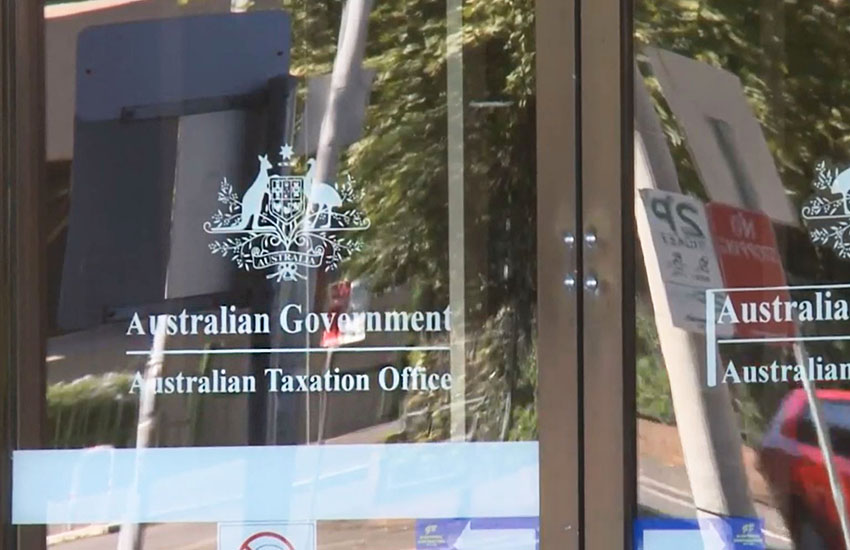The Tax Office has now drawn a line in the sand for tax schemes involving the COVID-19 early release of super where taxpayers withdraw and re-contribute super to claim a tax deduction.
In its latest warning, the ATO notes that taxpayers who enter into a scheme mainly for the purpose of obtaining a tax benefit will now face the potential application of Part IVA, the general anti‑avoidance rule for income tax.
You’re out of free articles for this month
COVID-19 early release of super schemes that will attract the ATO’s attention include artificially arranging affairs to meet the eligibility criteria, withdrawing and re-contributing super to claim a tax deduction, and contributing an amount of super to claim a deduction and then withdrawing that amount.
Where the ATO determines Part IVA applies, it will cancel the tax benefit obtained and seek to apply administrative penalties and interest charges.
The ATO’s latest guidance comes as close to 2 million Australians have now received $14.8 billion worth of super.
The second round of COVID-19 early release of super of up to $10,000 will soon be available between 1 July 2020 and 24 September 2020 for the 2020–21 year.
The Institute of Public Accountants general manager of technical policy Tony Greco said that while the ATO had understandably taken a restrictive view of the issue, he believed there would be some legitimate circumstances where taxpayers will be able to withdraw and re-contribute super without Part IVA coming into effect.
These could include changes in financial situation from the time a taxpayer applies for the early release and the time they decide to make a deductible contribution, such as finding a new job or seeing their salary return to 100 per cent.
Other legitimate scenarios could include a gift from a spouse or another family member not under financial stress to fund the contribution, Mr Greco said.
“So long as the person did not early release with the express intention to game the system, then a personal concessional super contribution is a legitimate tax planning entitlement if the person can show a change in personal financial circumstances not to attract Part IVA anti-avoidance provisions,” Mr Greco told Accountants Daily.
“When early release was first announced, no one would have anticipated that things would have evolved the way they have and that some individuals would find themselves later to be in a position where they can make re-contribution.
“The early release never contemplated this scenario playing out, which is entirely understandable. Having said that, we do not expect a huge number of those 2 million or so who have early accessed their super to be in this fortunate financial position to be able to take advantage of this opportunity.”
The ATO’s guidance also leans towards a pragmatic approach to fast-moving scenarios encountered by taxpayers that may lead them to withdraw and re-contribute their super.
“We understand that these are uncertain times and people’s circumstances change, so it is important that you keep records demonstrating your eligibility in case we need to see them,” the ATO said.
View the ATO’s guidance on the COVID-19 early release of super here.
Jotham Lian
AUTHOR
Jotham Lian is the editor of Accountants Daily, the leading source of breaking news, analysis and insight for Australian accounting professionals.
Before joining the team in 2017, Jotham wrote for a range of national mastheads including the Sydney Morning Herald, and Channel NewsAsia.
You can email Jotham at: This email address is being protected from spambots. You need JavaScript enabled to view it.

 Login
Login







